Answering some common questions about MDMA
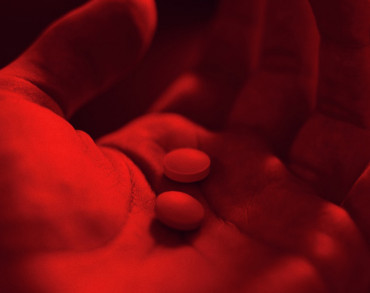

How much do you know about MDMA? We tackle some frequently asked questions...
MDMA (also known as ecstasy, E, molly, mandy, pingers) is frequently used in New Zealand, especially in the South Island.
Most people know that it’s a synthetic chemical stimulant that produces feelings of energy and exhilaration, but there’s more to it than that. We answer five frequently asked questions about MDMA...
Stay safer by staying informed. Sign up to receive alerts and notifications about any dangerous drugs in NZ. Check out the alerts page to see what we've already found.
Is MDMA the safest drug I can take?
MDMA may have a reputation of being low risk, but there’s no such thing as a ‘safe’ drug. There are a number of risks involved with taking MDMA, including risks related to the huge variations in the strength of doses, and that substances being sold as such aren’t actually MDMA at all.
Does MDMA have any negative side effects?
While MDMA can give feelings of energy and exhilaration, along with distinct social and emotional effects, it can also trigger some immediate unpleasant effects like:
- Increased heart rate, and blood pressure
- Increased body temperature
- Muscle clenching (especially jaw clenching)
- Overstimulation
- Confusion
- Increased anxiety
- Nausea
Can you overdose on MDMA?
Yes, you can. Large doses, or a strong batch of MDMA, can result in overdose with symptoms like an irregular or racing heartbeat, high body temperature, high blood pressure, convulsions, difficulty breathing, passing out, symptoms of heart attack and stroke. If you think someone is suffering from an overdose, call 111 immediately for an ambulance. St John’s has more helpful information on how to deal with an overdose in their first aid guide.
The NZ Drug Foundation notes higher doses of MDMA don’t actually lead to more positive effects, but do increase the risks of the negative side effects. Avoid re-dosing as it is unlikely to improve your experience, but will increase the risk of neurotoxicity and feelings of a comedown.
How can I be sure my MDMA is actually MDMA?
It’s common for substances that are meant to be MDMA to actually be another drug, or mixed with different substances like synthetic cathinones, sometimes referred to as ‘bath salts’. These other drugs may be different in strength, have different effects, and may take longer to have an effect which could lead to re-dosing and an increased chance of overdose. Read more about the risks here.
You can't tell what something is by sight and smell alone. Drug checking is recommended to help minimise the risk - it's free, legal and confidential. KnowYourStuffNZ, the New Zealand Drug Foundation and the New Zealand Needle Exchange Programme (DISC) run regular drug checking clinics. Information on upcoming clinics can be found on The Level.
What’s the comedown from MDMA like?
The comedown from MDMA use can last quite a few days, and can include:
- Irritability
- Fatigue
- Anxiety
- Depression
- Paranoia
- Impaired concentration
- Loss of appetite
- Insomnia
Does MDMA cause any long-term health issues?
The long-term health effects of MDMA can include an increased risk of heart attack or stroke, memory impairment, depression/anxiety, and even addiction.
If you’re using MDMA, the NZ Drug Foundation recommends waiting two or three months between taking it again to give your brain and body time to recover.
It’s safest not to take it at all, but if you’re thinking of using MDMA, make sure you know the risks. Check out the NZ Drug Foundation for more good advice on reducing harm.
If you have any concerns about your own drinking or drug taking, get in touch with the Alcohol Drug Helpline Call 0800 787 797, or text 8681, to speak with a trained counsellor – they’ll be able to provide you with helpful information, insight and support. They’re available 24/7, all calls are free and confidential. You can also chat with the team through their website.
Latest Articles
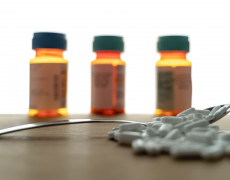
26 Apr 2024
Overdosing on opioids
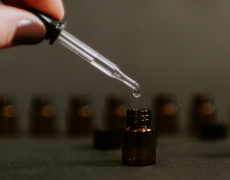
24 Apr 2024
Increased harm linked to the use of GBL-type substances in New Zealand
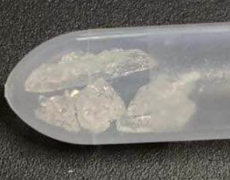
23 Apr 2024
Industrial chemicals sold as methamphetamine
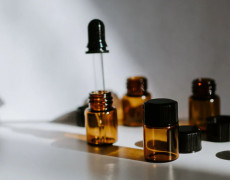
15 Apr 2024
Thinking of using GBL/GHB?
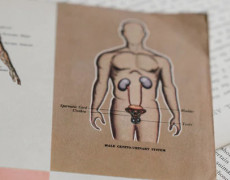
12 Apr 2024
Ketamine and bladder damage – know the risks
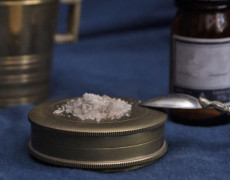
8 Mar 2024
Synthetic cathinones explained
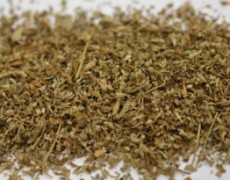
22 Feb 2024
What’s happening with synthetic cannabinoids?
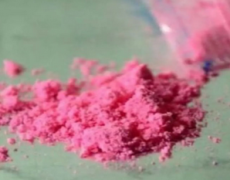
31 Jan 2024
What is tuci?
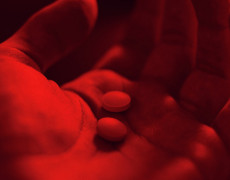
19 Jan 2024
Answering some common questions about MDMA

10 Jan 2024
Understanding the risks of the comedown
